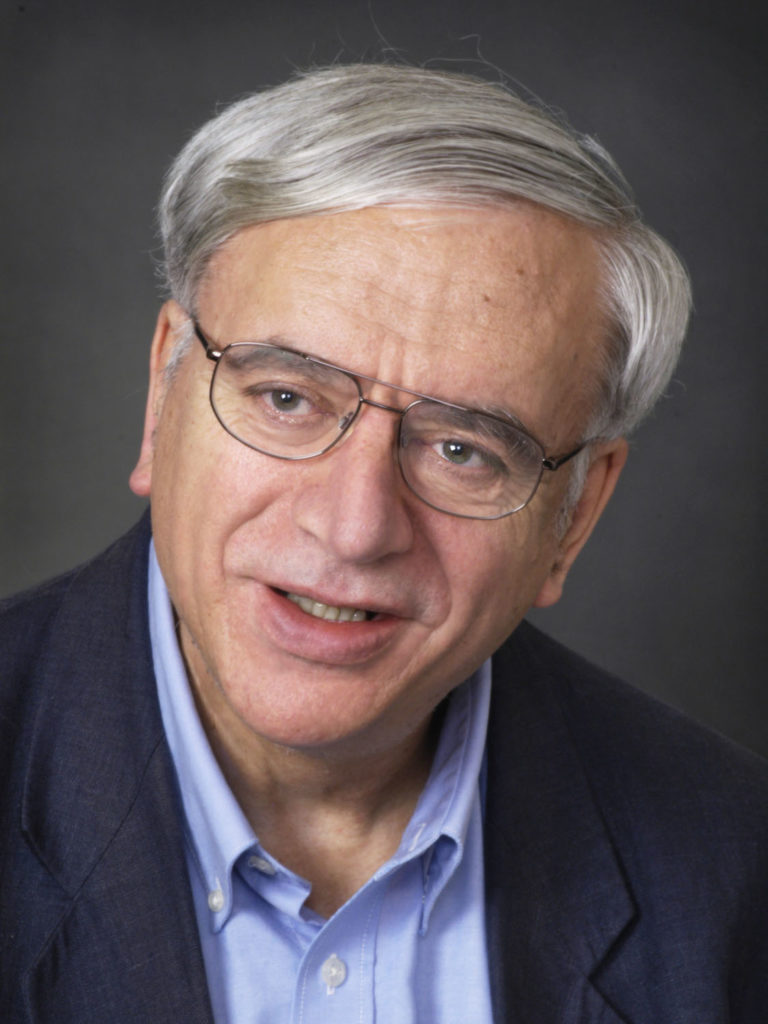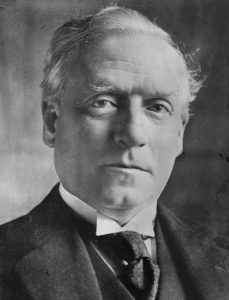Finest Hour 188
In Memoriam Paul Addison (1943–2020)

Paul Addison (1943–2020)
July 22, 2020
Finest Hour 188, Second Quarter 2020
Page 50
By David Stafford
With the death of Paul Addison, the world of Churchill studies is substantially poorer. No one claiming fully to understand Britain’s Second World War leader can fail to have read his pioneering study Churchill on the Home Front. Equally his biography Churchill: The Unexpected Hero is regarded by many, including myself, as the best short biography. Paul died on 21 January 2020 after a stoic battle with cancer. He is survived by his wife Rosemary and his two sons, James and Michael. For many years he was my close friend and colleague at the University of Edinburgh.
Born outside the small cathedral city of Lichfield in the English Midlands, Paul won a firstclass degree in history at Pembroke College, Oxford. As a postgraduate student he benefited from the inspired supervision of the celebrated historian A. J. P. Taylor to write his Ph.D. thesis on the opposition to Churchill’s wartime coalition government. It was Taylor, Paul often said, who fired his passion for history. The thesis formed the foundation of his path-breaking book The Road to 1945, which was published in 1975. Others followed, such as a BBC book accompanying the TV series Now the War Is Over (1985) and No Turning Back (2010). These all helped set the agenda for other British historians and influenced generations of students.
Paul’s special interest in Churchill sprang from his youthful surprise in discovering that Churchill had been a radical Liberal minister before the First World War promoting reforms such as a statutory minimum wage, state-run labour exchanges, and compulsory unemployment insurance. How then had he become so reluctant to embrace the swing to the left embodied in the post-war welfare state of which Paul and his generation were such beneficiaries? His curiosity was also aroused after being recruited by Randolph Churchill as a research assistant for the writing of the official biography.
In Churchill: The Unexpected Hero, his personal favourite, Paul skilfully wove together Chur chill’s career with its fluctuating reputation over the years to conclude that while Churchill was no longer seen as the hero he used to be, “in the end recognition of his frailties and flaws has worked in his favour.” He always insisted that treating Churchill as a superman diminished rather than enhanced his reputation.
Paul never sought the limelight. Unnecessarily but not falsely modest, he was generous in sharing his knowledge and eager to discuss others’ opinions. Before writing anything myself about Churchill, I would always bounce my ideas off him first. I shall treasure the memory of convivial lunches together over a glass of wine, discussing the ups and downs of Churchill’s career and the historical debates they provoked. I last saw him six months ago, when he expressed the hope that he would be given time to update his biography.
Alas, he was not. But it is a comfort to think that he was passionately engaged with his subject until the end.
Subscribe
WANT MORE?
Get the Churchill Bulletin delivered to your inbox once a month.






